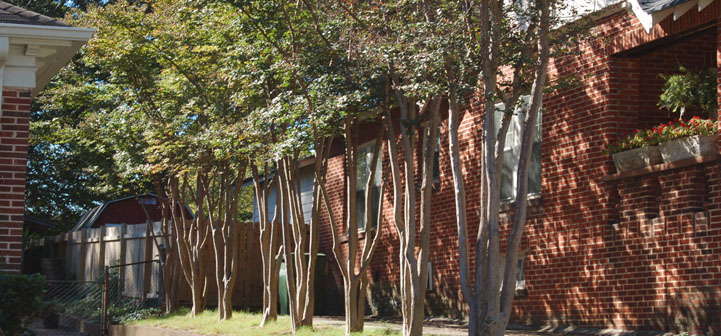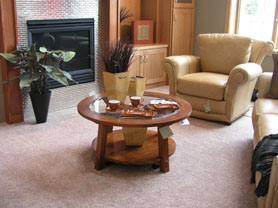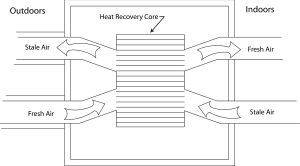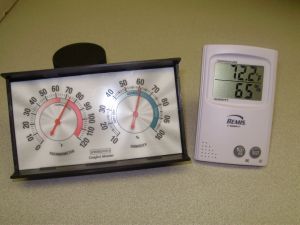Reviewed and Revised on 10/30/2013
- Studies have shown that dirty filters on the return air grille of your heating and cooling systems greatly reduce the efficiency of your system, wasting energy as well your money. Dirty filters can also reduce living comfort by restricting air circulation and not capturing dust particles, allergens and pollutants in the indoor air. Your equipment may have to work harder and its life can get shortened. It is





